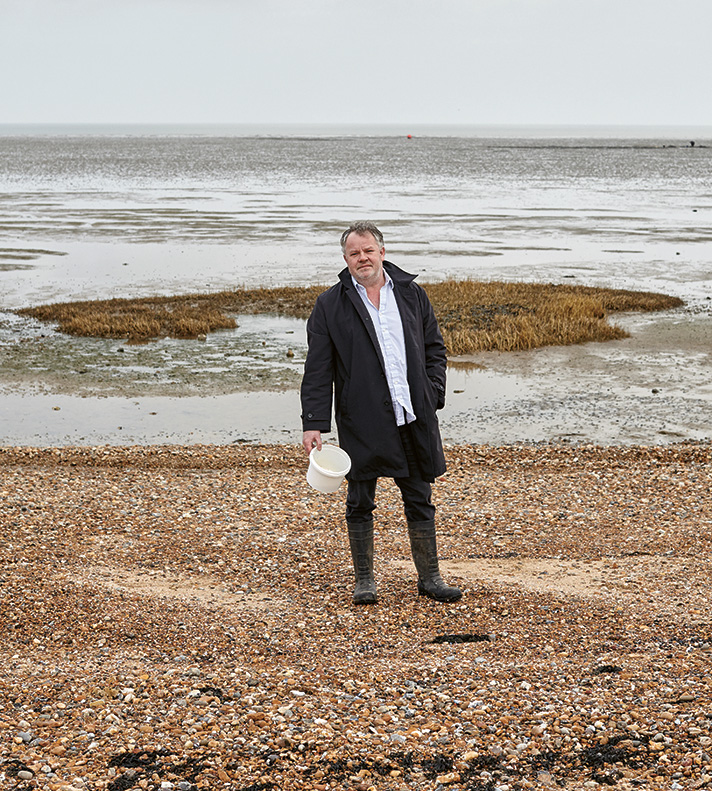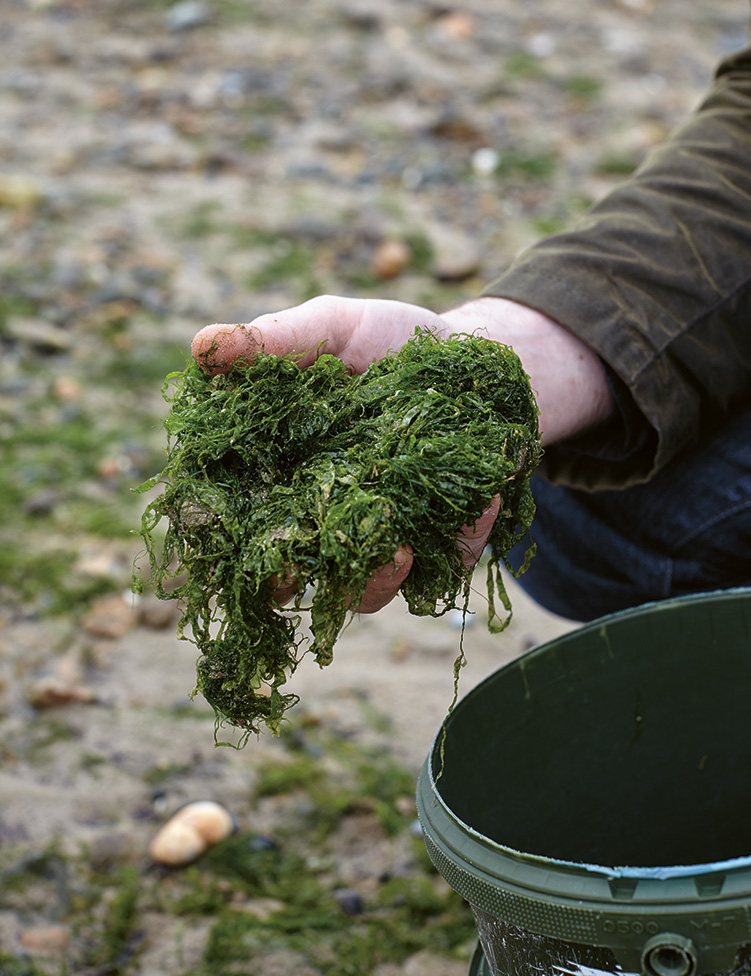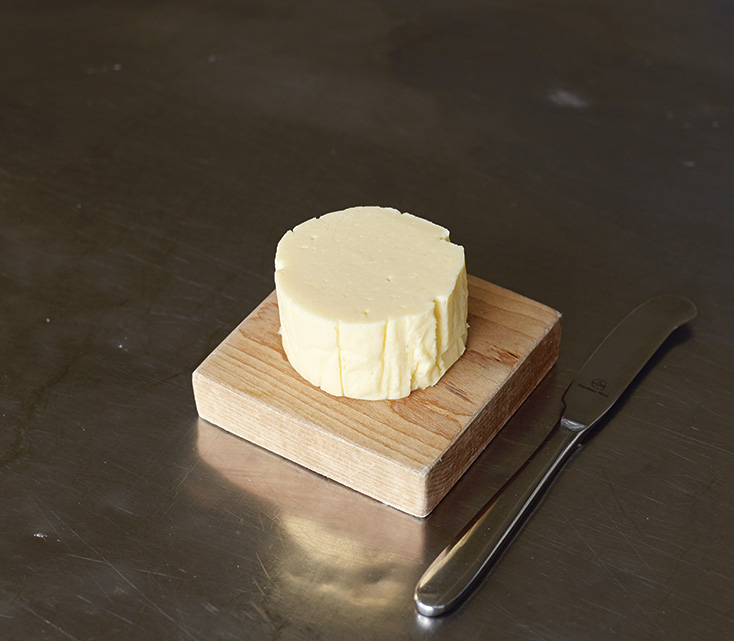
The Sportsman’s winning ingredients: Sea Salt
How saline waters around the Sportsman enabled Stephen Harris to turn a grotty pub into a team GB champion
Stephen Harris's superb, self-created restaurant The Sportsman sits in the borough of Seasalter, a place with a rich history, in which, inevitably, salt has played a starring role. Salt has always been a vital component in the culinary process – as a preserver in the days before refrigeration, and in the rearing of animals such as cows, who require ten times more salt than human beings - and, of course, as a vital ingredient in any dish.

Earthworks visible en route to the Kent, UK restaurant are evidence of a long history of salt production in the area, whose clients included nearby Canterbury Cathedral. It took a gigantic flood in 1325 to put a halt to production, after which the Cathedral commissioned a special earth-sea defence to protect the area.

The Industrial Revolution, sadly, put paid to the area's food culture rooted in local produce. Harris is deeply conscious, however, that the Estuary coast is rife with edibles - bladderwrack, gutweed, sea lettuce, sea buckthorn and sea vegetables that have long been neglected in British food. The Sportsman, he resolved, would re-establish that relationship. He even decided that as a Seasalter chef he literally wouldn't be worth his salt if he didn't make his own salt. So he boils up pans of seawater to extract the crystals he uses in his dishes. That's local for you.

For more on this remarkable chef, his recipes and his restaurant order a copy of The Sportsman here.